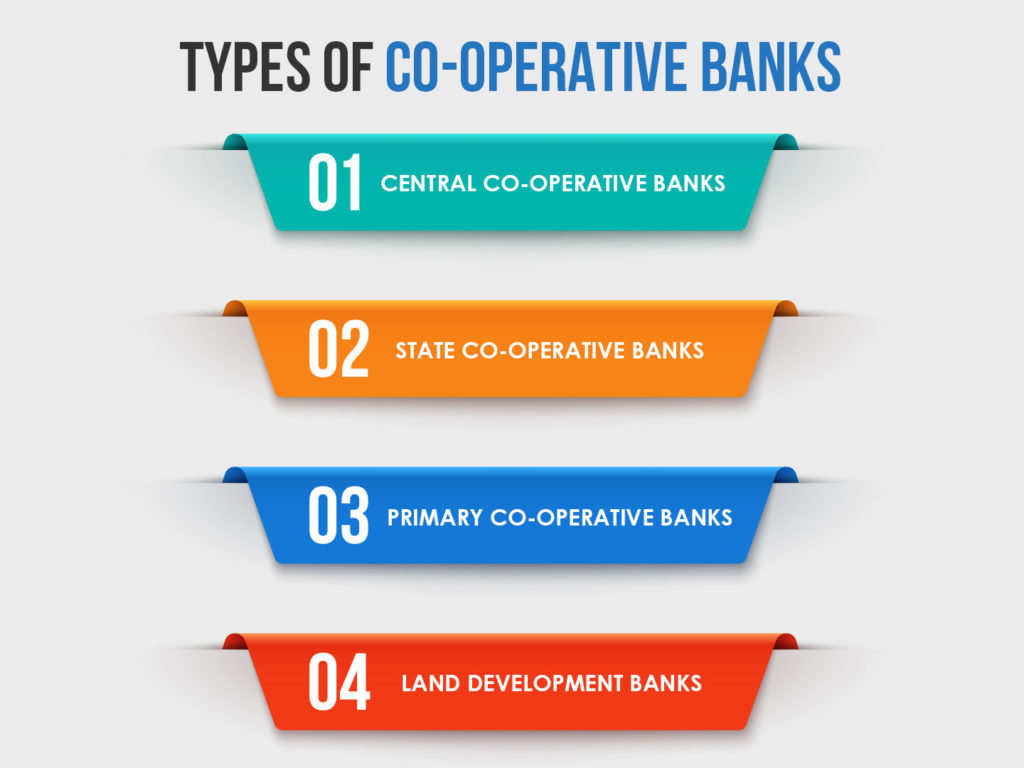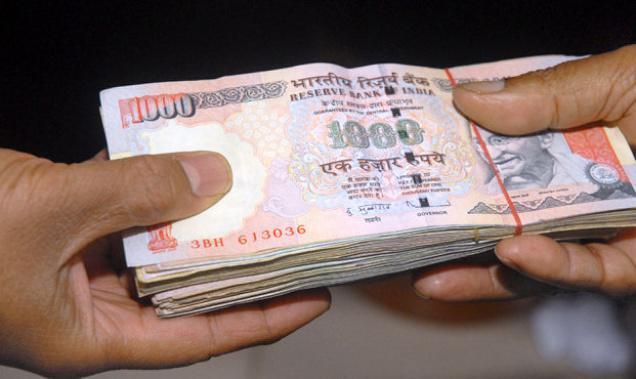Search
What is a Co-Operative Bank? What are its Types?
February 21, 2024

Co-Operative Banks are small financial institutions that offer lending facilities to small businesses in both urban and non-urban regions. These are monitored and regulated by the Reserve Bank of India (RBI) and come under the Banking Regulations Act, 1949 as well as the banking laws act, 1965.
The Co-Operative Banks have a huge significance for the small businesses as these have around 67% penetration in villages and account for 46% of the net funding for the rural businesses through support for processing, housing, warehousing, transport, dairy, etc.
There are 4 types of co-operative banks in India:
1. Central Co-operative Banks:
These banks are organized and operated at the district level and can be of two types:
- Co-operative Banking Union
- Mixed control Co-operative Bank
In the first, the members of the bank are the co-operative societies only. However, in the second, the members can be co-operative societies as well as individuals. The central co-operative banks lend money mainly to the affiliated primary societies with typical loan tenure lending between 1 to 3 years.
2. State Co-operative Banks:
These banks are organized and operated at the district level and rest at the top of the hierarchy in the co-operative credit structure.
With the help of State Co-operative Banks (SCBs), the RBI funds the co-operative institutions. These banks also get loans at an interest rate of 1% to 2% lower than the standard bank rate.
3. Primary Co-operative Banks:
These offer credit services in the urban and semi-urban regions. Thus, they are not considered agricultural credit societies.
Primary Co-Operative Banks receive concessional refinance services from RBI and IDBI from time to time for them to offer housing loans and other types of loans that can be used by small businesses.
4. Land Development Banks:
The land development banks are divided into three tiers, which are primary, state, and central. These offer credit services to the farmers for developmental purposes.
They used to be regulated by the RBI as well as the state governments. However, this responsibility was recently transferred to the National Bank for Agricultural and Rural Development (NABARD).
If you are looking forward to knowing the career opportunities in banking and finance and have a keen interest in doing a Professional Banking Course. So, you have landed on the right platform.
The Best institute for Banking and Finance Course in Mumbai, which offers placements too, is ‘Thadomal Shahani Centre For Management’. It has placed many students in well-known banks, especially during the lockdown period as well.



